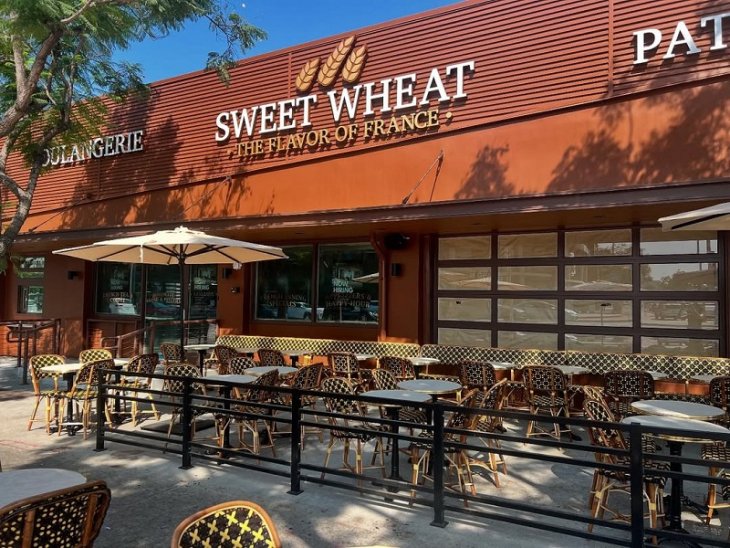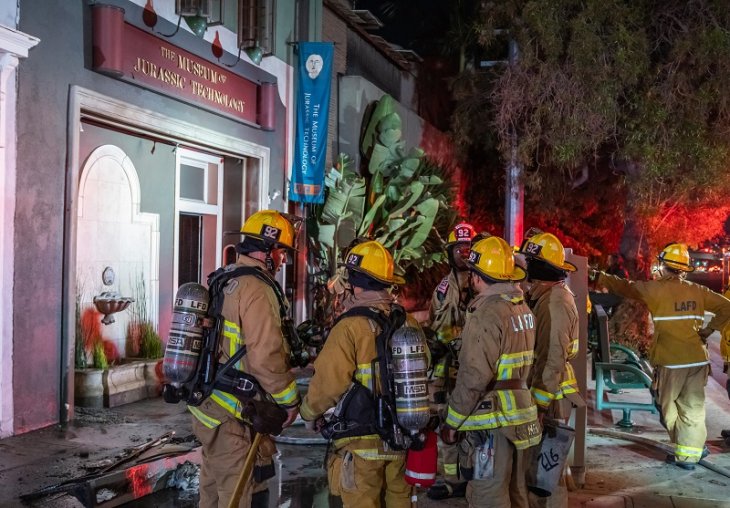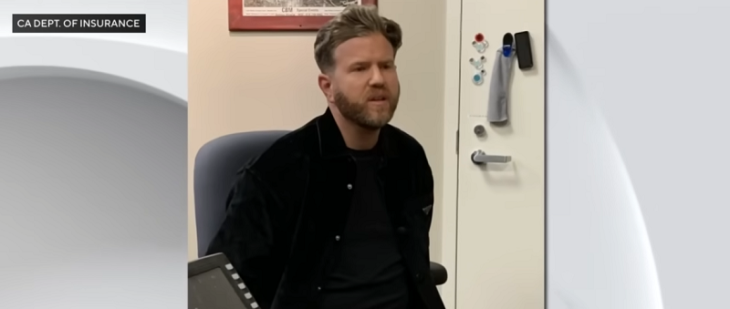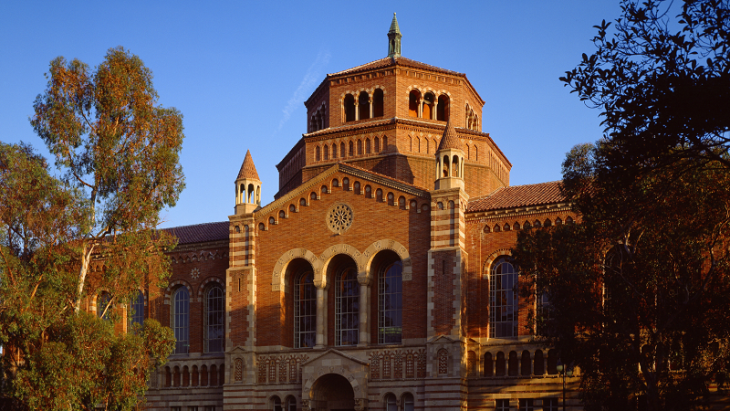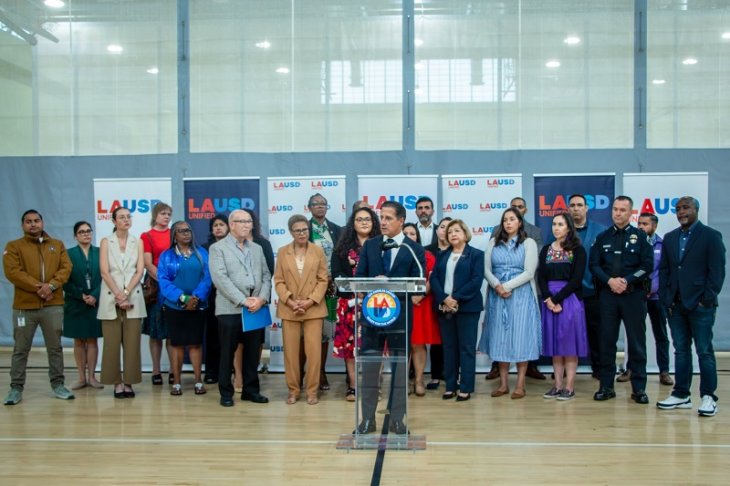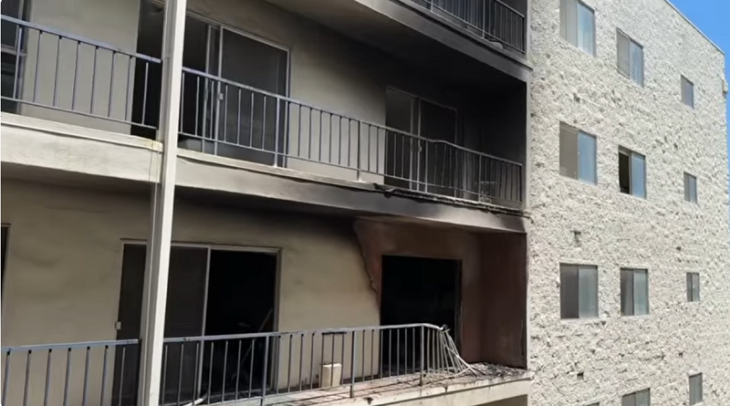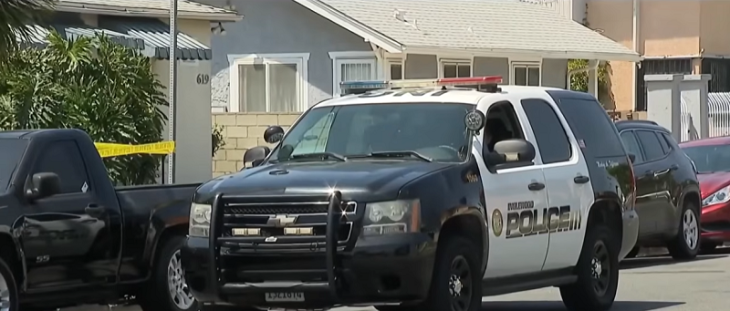State Lawmakers Back Major Expansion of Production Incentives, Raising Job Projections
Los Angeles’ film and television industry is poised to receive a significant boost after state lawmakers agreed to more than double the annual tax incentive program to $750 million, delivering a key budget win for Governor Gavin Newsom.
The agreement, reached this week by Senate and Assembly leaders, adopts the governor’s proposal to expand the tax credit program from $330 million to $750 million per year. A vote on the funding package is scheduled for Friday as part of a broader trailer bill, according to multiple legislative sources.
Newsom initially introduced the proposal last October in response to declining production levels across the state. The California Film Commission estimates the expanded program could increase industry employment by 40–50%, or between 4,400 and 5,500 jobs.
Authored by Assemblymember Zbur and Senator Ben Allen (D-Santa Monica)—with joint authors Assemblymember Isaac Bryan (D-Los Angeles), Assemblymember Sharon Quirk-Silva (D-Fullerton), Assemblymember Mike Gipson (D-Carson) and Senator Caroline Menjivar (D-San Fernando Valley), Senator Sasha Renee Perez (D-Pasadena), and Senator Henry Stern (D-Los Angeles), AB 1138 will modernize and strengthen the film tax credit program, ensuring that California gets the greatest possible return on the $750 million investment.
In addition to increased funding, lawmakers are advancing companion legislation—Assembly Bill 1138—that would broaden eligibility and raise the value of tax credits available to individual projects. The base credit would rise from 20% to 35%, with the potential to reach 40% for productions filmed outside Los Angeles County. The bill also opens the program to include sitcoms, animation, and large-scale competition shows.
To address equity concerns, AB 1138 includes a new 2% bonus for productions that employ one to four trainees from job programs focused on historically underserved communities. The bill ensures these trainees will not displace union-represented crew members—a key concern for labor groups.
The legislation also expands workforce reporting requirements to include ZIP code and veteran status, alongside existing categories for race, ethnicity, and gender, in an effort to track and improve geographic and demographic diversity.
A previous provision that would have added a 5% incentive for filming in economically distressed areas was removed due to implementation concerns. In its place, lawmakers opted for a more targeted hiring bonus.
Advocacy groups outside the Los Angeles area, including the Out of Zone Coalition representing filmmakers from the Bay Area and beyond, had pushed for a higher 10% bonus for productions shot outside of L.A. Their request was not granted, though the overall expansion is expected to benefit productions across the state.
AB 1138 is anticipated to pass by July 4 and would take effect immediately upon approval.



